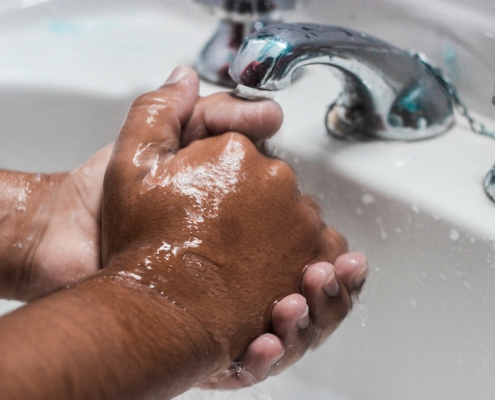
Perspective | Water Payment Systems Should Not Be One-Size-Fits-All
0 Comments
/
For equitable access, water utilities need new revenue collection models.
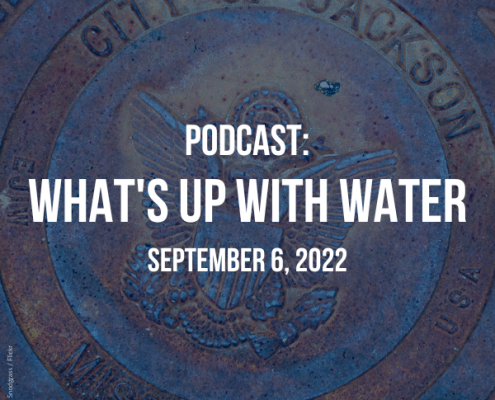
What’s Up With Water — September 6, 2022
This week’s episode of What’s Up With Water covers extreme weather’s toll in Pakistan, Mississippi’s dual water crises, and a legislative win for affordable water in California.
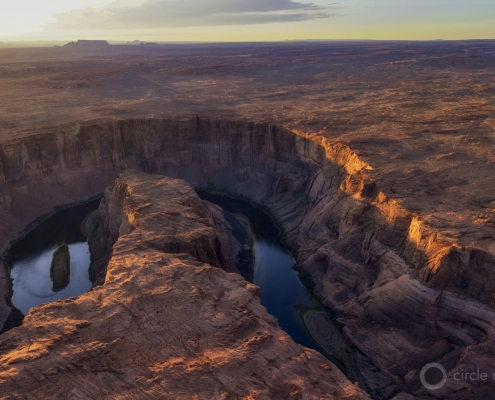
Dry: A Weekly Western Drought Digest — August 30, 2022
Utah’s proposed Lake Powell pipeline struggles to make progress amid declining water levels and drought conditions.
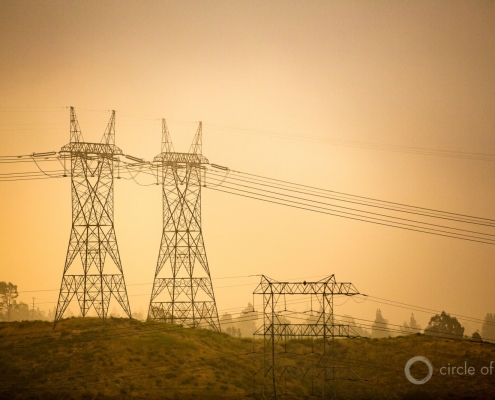
Q&A: Do We Have to Choose Between Speedy Development and Environment?
Environmental review is under scrutiny on Capitol Hill. Here’s what a NEPA expert thinks policymakers should keep in mind.
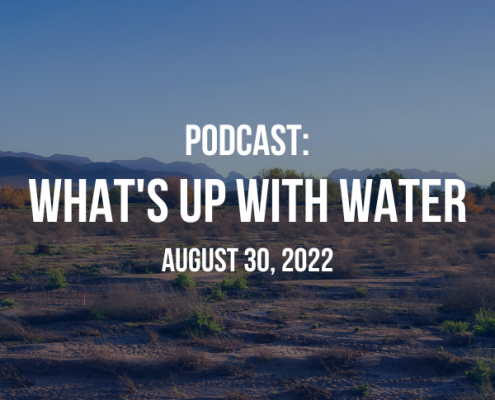
What’s Up With Water — August 30, 2022
This week's episode of What's Up With Water covers drought in China, stalled Colorado River negotiations, and lawsuits over flooding in Eastern Kentucky.
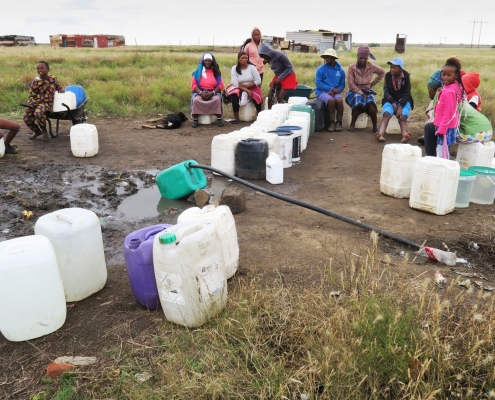
Living in a ‘Critical State’: The Price of a South African Town’s Dirty Water
In Winberg, residents have to boil their water or risk falling ill.

Dry: A Weekly Western Drought Digest — August 23, 2022
The Gila River Indian Community pulls out of a water conservation agreement due to little progress on basin-wide water cuts.
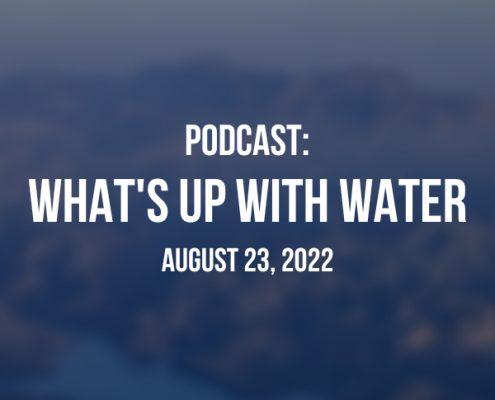
What’s Up With Water — August 23, 2022
This week's episode of What's Up With Water covers a potential catastrophic winter storm in California and new research that revealed what may be causing high case numbers of pediatric cancer in Pennsylvania. Plus, Circle of Blue breaks down the latest water cuts in the Colorado River basin.
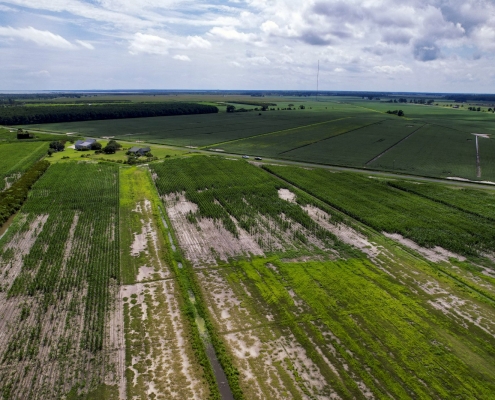
“Fighting for Inches” in the Southeast’s Struggle With Salt
Can coastal agriculture withstand rising seas, migrating marshlands, and frequent storms?
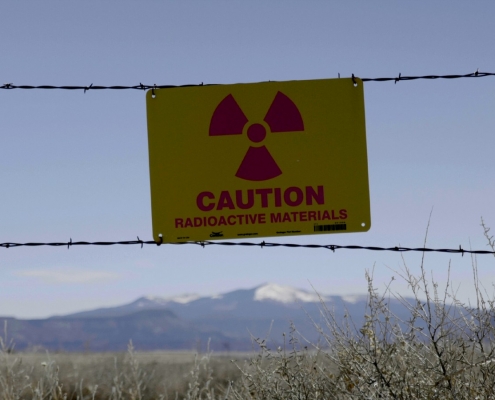
A Uranium Ghost Town in the Making
Time and again, mining company Homestake and government agencies promised to clean up waste from decades of uranium processing. It didn’t happen. Now they’re trying a new tactic: buying out homeowners to avoid finishing the job.
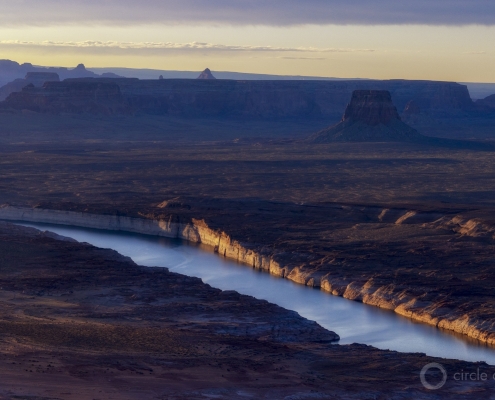
Colorado River States Face Deeper Water Cuts – With More on the Way
Without additional cuts, federal forecast projects Lake Mead to continue its decline in next two years.
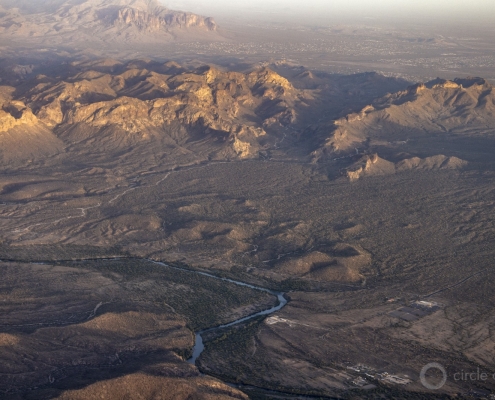 © J. Carl Ganter / Circle of Blue
© J. Carl Ganter / Circle of BlueDry: A Weekly Western Drought Digest — August 16, 2022
The House passes the Inflation Reduction Act, which allocates $4 billion to the Bureau of Reclamation.


